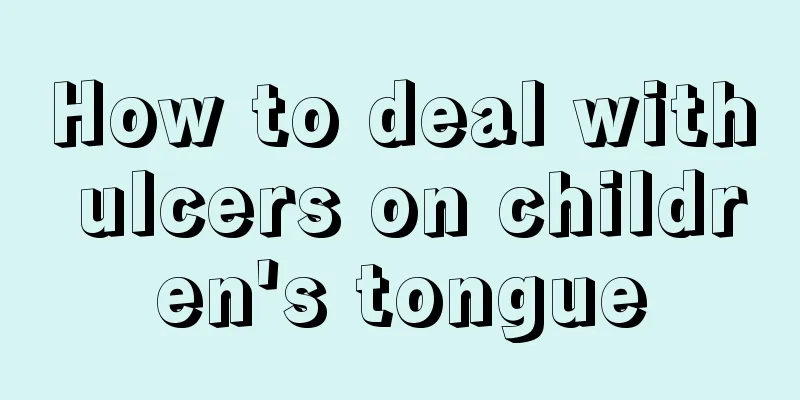Does baby seborrheic dermatitis need treatment?

|
In our lives, babies are very delicate when they are young, and their skin is also very delicate, so they are often very susceptible to dermatitis. Seborrheic dermatitis is a common disease in infants. This disease usually occurs on the head of infants. Infants experience hair loss and dandruff. So do infants with seborrheic dermatitis need treatment? Infantile subcutaneous seborrheic dermatitis is a common skin disease that develops during the first year of life. Raised, rough, red spots covered by a thick, white or yellow scaly layer are often found on the baby's groin, genitals, or lower abdomen. When similar spots appear on the scalp, they are commonly known as "cradle cap." 1. Differentiation between infantile seborrheic dermatitis and intertriginous erythema. Also known as intertrigo eczema, it often occurs in infants and obese women. The damage only occurs in the wrinkles where the skin rubs against each other, such as the neck, armpits, under the breasts, groin and buttocks. It causes localized erythema, erosion, exudation, itching or pain, and generally does not affect the scalp. 2. Differentiation between infantile seborrheic dermatitis and diaper dermatitis. It is a dermatitis that occurs in the area of infants and young children that comes into contact with diapers due to irritation from urine and diapers. When it first occurs, it is a erythema with clear edges. As it worsens, papules and blisters may appear, and erosions may form after abrasion. 3. Differentiation between infantile seborrheic dermatitis and infantile eczema. Infantile seborrheic dermatitis and infantile eczema have many clinical similarities and are sometimes confused and misdiagnosed. Infant eczema usually begins to occur 2 to 3 months after birth. Papules, erythema, and small blisters first appear on the cheeks, with obvious itching. These symptoms are different from infantile seborrheic dermatitis. But sometimes children may first suffer from seborrheic dermatitis and then develop infant eczema. Because the prognosis of these two diseases is very different, they should be clearly distinguished. |
<<: Drugs for children's brain nutrition
>>: What are the diagnostic criteria for myocardial damage in children?
Recommend
What factors are related to the normal height of 11-year-old children?
It is almost the era when the post-00s are in cha...
Causes of heart murmurs in children
Children are a matter of great concern to family ...
How to treat baby’s blocked and runny nose?
For many babies, blocked and runny nose is a comm...
What causes children to vomit?
Vomiting is a gastrointestinal reaction. External...
The difference between exanthema and measles
Roseola and measles often show similar symptoms, ...
What to do if children have Eustachian tube inflammation
Every year, many children suffer from hearing los...
Will children be allergic to mango?
Everyone knows that mango is a very nutritious fr...
Why does a newborn baby cry even though he is full?
Newborns cannot eat when they first come into thi...
What to do if baby has bloating
The health of babies is very important to every p...
What causes a five-year-old child to cough?
With the development of society and the populariz...
What should I do if my 4-year-old child has a hunchback?
My baby is 4 years old. He always feels listless ...
When can children have their teeth straightened?
Children's bad teeth are a problem that worri...
Why does my child keep yawning?
If a child yawns frequently, parents should pay a...
What to do if your child has eczema
Some children have weak constitutions and if they...
What should I do if my child has pulpitis?
The phenomenon of pulpitis in children is relativ...









